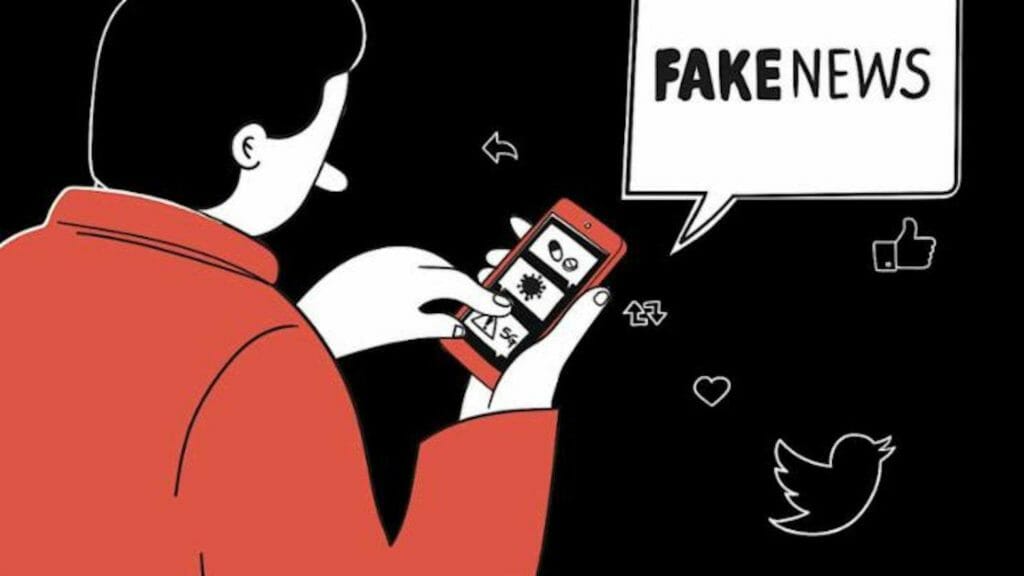Flooding the mind with ‘raw sewage’

“Social media and the internet have enabled a disinformation revolution that impacts state actors, non-state actors, private individuals, and everyone in between.” © Centre for Research and Evidence on Security Threats
“People like Putin—and Steve Bannon, for that matter—understand it is not necessary for people to believe disinformation in order to weaken democratic institutions. You just have to flood a country’s public square with enough raw sewage.”
“Raw sewage” in this context means information or rhetoric-lies, quipped a cognitive psychologist kibitzer friend; which is basically a bevy of word-of-suggestions in all its form, concurred another a kibitzer friend, an expert on suggestion, a hypnotherapist.
“Suggestion,” according to the American Psychological Association (APA) is the process of inducing acceptance of an idea or course of action in an individual through indirect means. Suggestion is usually expressed in words; or any “communicable concept,” quipped a linguistic kibitzer friend.
The above opening-quote was an excerpt from the keynote address delivered by former U.S. President Barack Obama during a disinformation conference (Challenges to Democracy in the Digital Information Realm) at Stanford University in April of 2022.
The event brought together people working in technology, policy, and academia for panel discussions on topics ranging from the role of government in establishing online trust, the relationship between democracy and tech companies, and the threat of digital authoritarians, so we are told. Were there psychologists in the house during this conference, inquired a melioristic kibitzer friend?
Believe
Empirical studies suggest that humans’ first impulse upon receiving idea, information, data, rhetoric, suggestion or whatever term one accepts, is generally to believe; usually to doubt follows after processing intrinsic mental analyses to continue or stop believing.
Moreover, an obscure study, which a mnemonic-adverse kibitzer friend seems unable to bring to mind, once suggested that any thought you bridge with another, especially in a group, there is always the probability that half will agree, while the other half will not.
This means that even if one lies somehow — especially incessantly — many will still listen to believe in spite of the content and anticipated consequences. This is one “mystical” and cryptic (often frightening) concept when one understands how to weaponize suggestion, quipped a wimpy-partisan kibitzer friend.
Digressing for a moment; consider this palaver portion explicitly echoed by Bannon in The Atlantic article, “American Rasputin” by Jennifer Senior, “…radio is theater of the mind… I can fuck with your mind so badly if you are just hearing my voice, right? It’s a much more powerful medium.” (Emphases by the kibitzer friend who thought this akin to a hypnotic phrase).
Bannon also previously admitted to a journalist in 2018 that his preferred media strategy was to “flood the zone with shit,” which Obama euphemistically dubbed “raw sewage.”
The broadcast typically spewed “only words” yet seems to possess inexplicable power to lead to psychic social dissonance, a media-savvy kibitzer friend alerts us.
Dissonance
Thus, “cognitive dissonance” comes to mind. This theory was pioneered by the late Dr. Leon Festinger, an American social psychologist who was also credited with advancing the application of laboratory experimentation in social psychology as early as 1954.
Cognitive dissonance as defined by APA is an unpleasant psychological state resulting from inconsistency between two or more elements in a cognitive system. It is presumed to involve a state of heightened arousal and to have characteristics similar to physiological drive. Or simply, the perception of contradictory information.
To put it bluntly, according to Jennifer Stromer-Galley, a Syracuse University professor who has studied how Trump used social media and advertising to mobilize his base: “If you believe what Trump says, and now Bill Barr and Trump’s own daughter are saying these other things, it creates a crack, and people have to fill it.”
There is the rub. What do you fit… in the crack?
Dr. Aggie Carson-Arenas is a Certified Clinical Psychology Specialist, a former associate professor and university research director. He is a Behavior Analyst Specialist in Nevada, an educator, clinician, researcher, consultant, columnist, and a published author. His latest book is, “You’re Okay, I Am Perfect” (How Teens, Adolescents & Those In-Between Quest for Identity) co-authored by her daughter Abbygale Williamson Arenas-de Leon. docaggie5@yahoo.com.

